
Yale School of Management (SOM) organizational ethnographer Julia DiBenigno spends years meticulously observing and interviewing people at work. By taking seriously their lived experience, she can uncover the root causes of complex problems and devise solutions that change organizations for the better.

Love and Technology: An Ethnography of Dating App Users in Berlin by Fabian BroekerRoutledgeDecember 2023, 192 pages Love and Technology: An Ethnography of Dating App Users in Berlin explores how dating apps fit into Berlin’s unique dating culture and brand of intimacy…
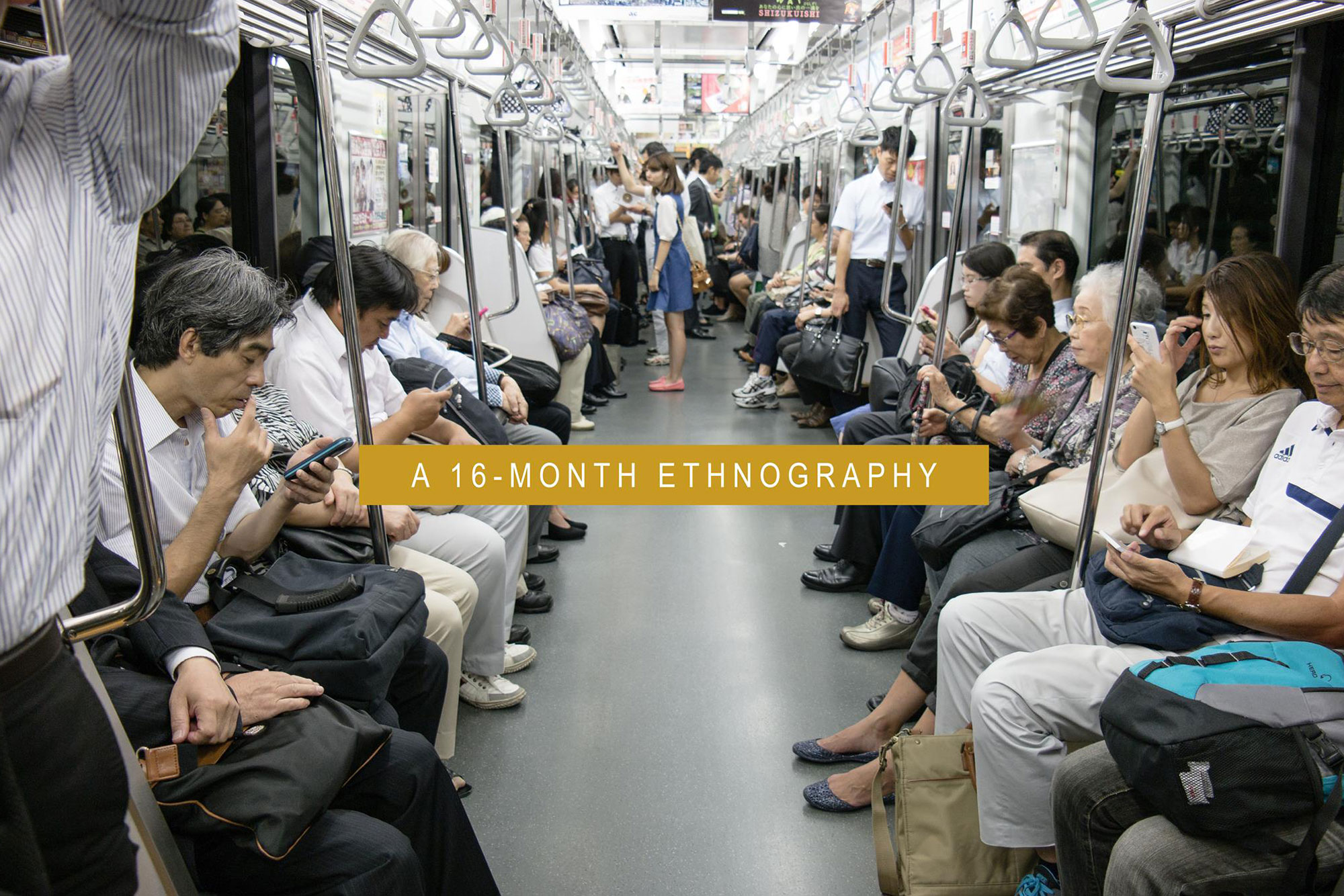
Ageing with Smartphones in Ireland, Urban Italy, Urban Brazil, Urban Chile, Urban China and Uganda: six free open access books as part of the five year "Anthropology of Smartphones and Smart Ageing" project.
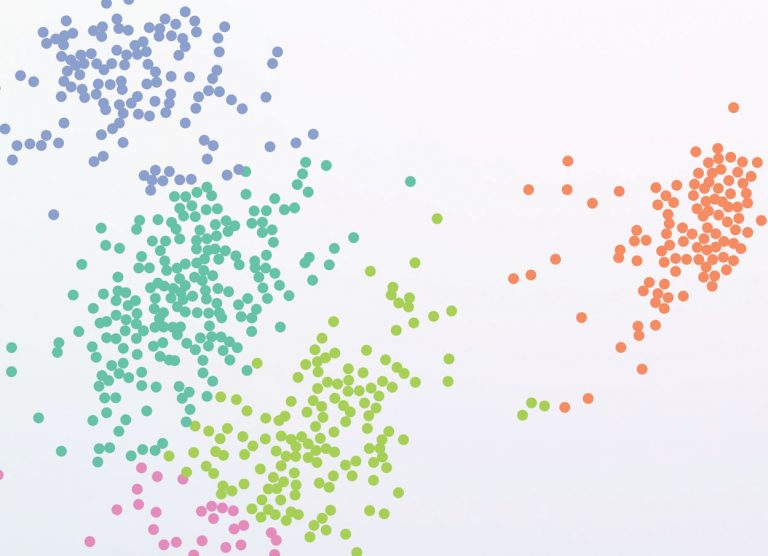
In this book meet the people who design the algorithms that capture our musical tastes.

This UNDP guide provides step-by-step guidance, practical tools, and hands-on experiences on the process of Deep Listening, including systems mapping, rapid ethnographic research, sensemaking and analysis.
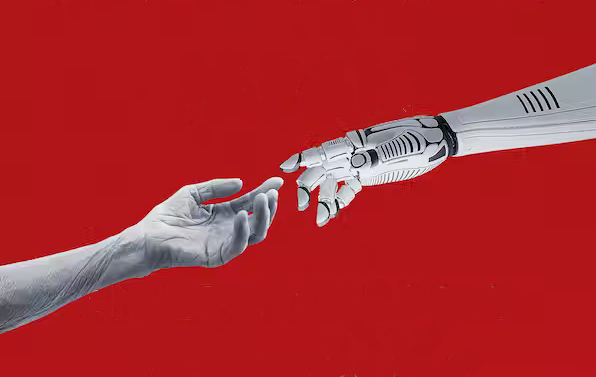
Robots Won't Save Japan addresses the Japanese government's efforts to develop care robots in response to the challenges of an aging population, rising demand for eldercare, and a critical shortage of care workers.

This book examines emerging automated technologies and systems and the increasingly prominent roles that each plays in our lives and our imagined futures.
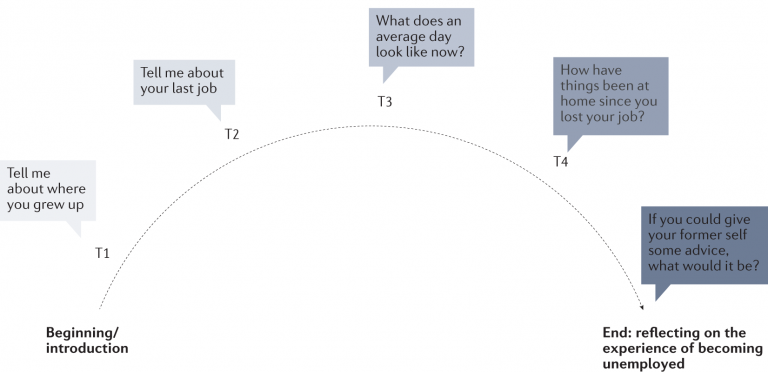
In this Nature Reviews Method Primer, Eleanor Knott, Aliya Hamid Rao, Kate Summers & Chana Teeger off the London School of Economics focus on the stages and challenges of designing and conducting an interview project and analysing data from it, as well as strategies to overcome such challenges.

Data centers are destroying the natural world, writes anthropologist Steven Gonzalez Monserrate in Wired. But is the cloud an inherently unsustainable paradigm? He foresees three possible pathways for remaking the cloud into something more sustainable for future generations.
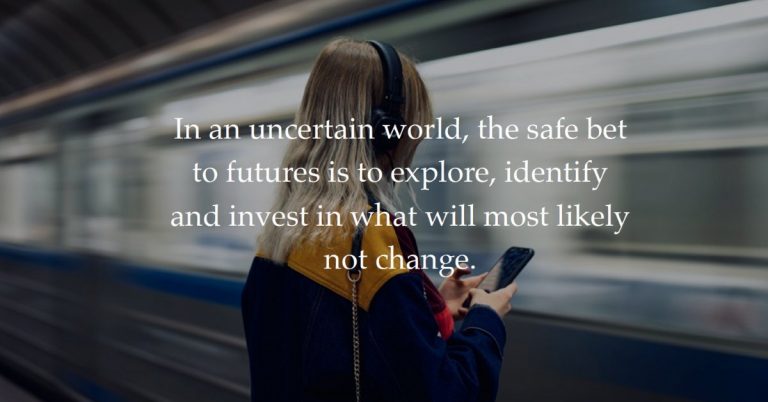
In an uncertain world, the safe bet to futures is to explore, identify and invest in what will most likely not change.
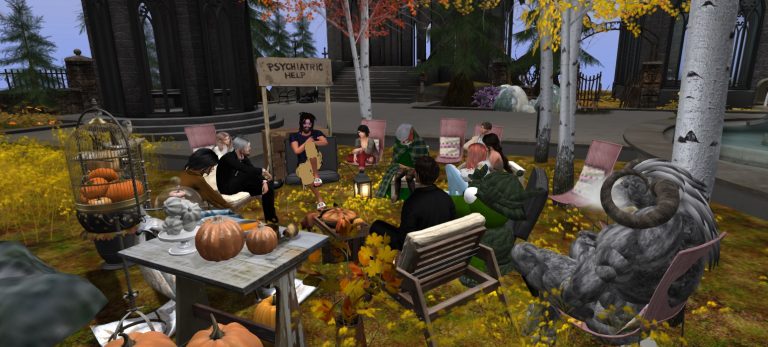
How we describe the metaverse makes a difference – today’s words could shape tomorrow’s reality and who benefits from it

The first book to take an interdisciplinary and international approach to understanding how our everyday lives are being affected by automated decision-making.

Emerging Technologies / Life at the Edge of the Future invites us to think forward from our present moment of planetary, public and everyday crisis, through the prism of emerging technologies.

This book advances the practice and theory of design ethnography. It presents a methodologically adventurous and conceptually robust approach to interventional and ethical research design, practice and engagement.
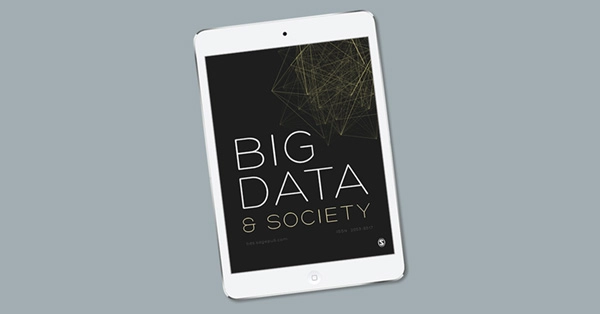
Bringing together a motley crew of social scientists and data scientists, the aim of this special theme issue of Big Data & Society is to explore what an integration or even fusion between anthropology and data science might look like.
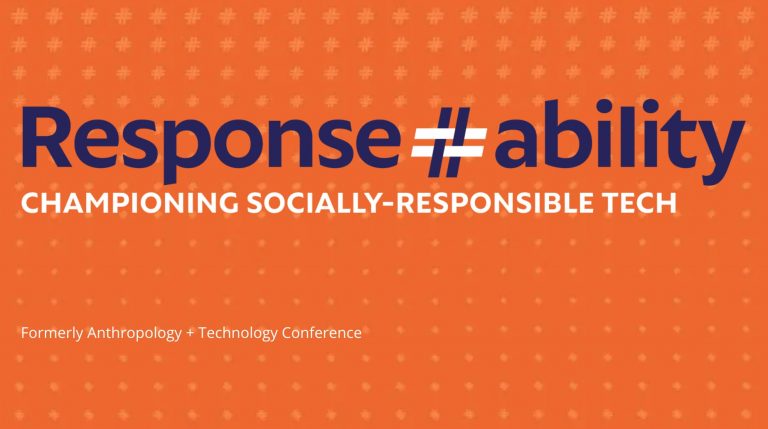
The Response-ability Summit, formerly known as the Anthropology + Technology Conference, is a unique two-day event that brings social scientists and technologists together to foster interdisciplinary conversations on the important topic of socially-responsible tech.

A vivid look at China’s shifting place in the global political economy of technology production by ethnographer Silvia M. Lindtner
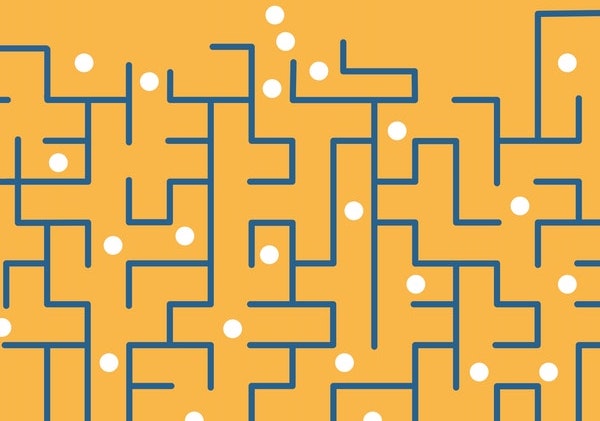
An inside view of the experimental practices of cognitive psychology—and their influence on the addictive nature of social media
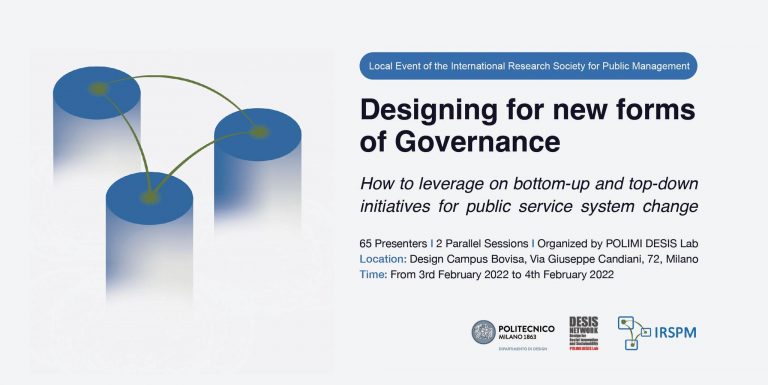
ToNite project presented at Milan conference on design-led approaches to renewing public management and governance
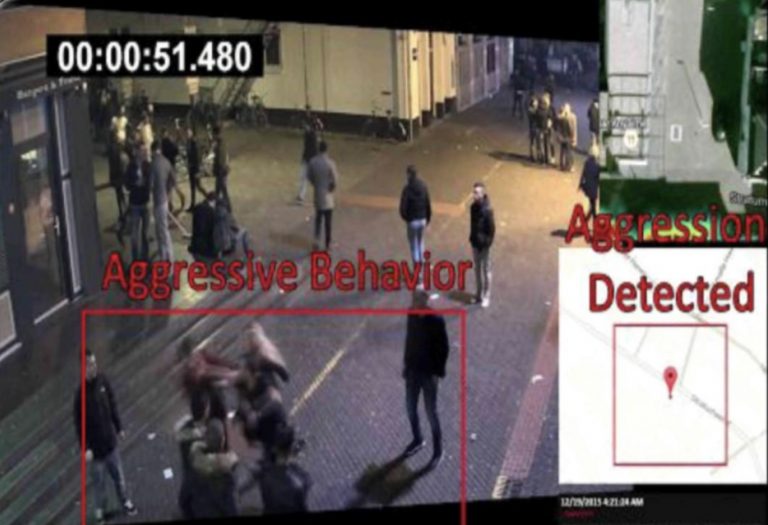
This article explore the promises of security that are embedded in the smart city technologies and algorithms and their potential implications for creating social inequality and discrimination, through an ethnographic study of the Living Lab Stratumseind, a popular nightlife street in Eindhoven.




















